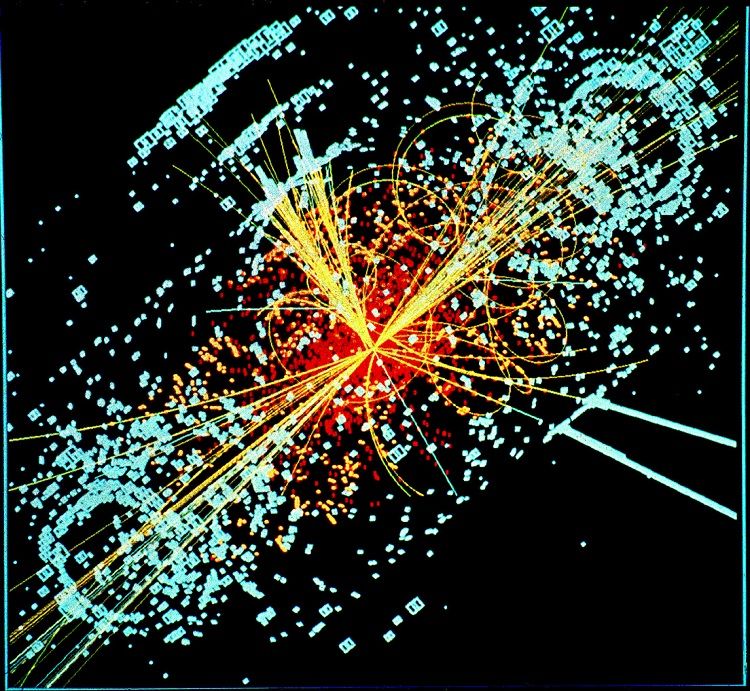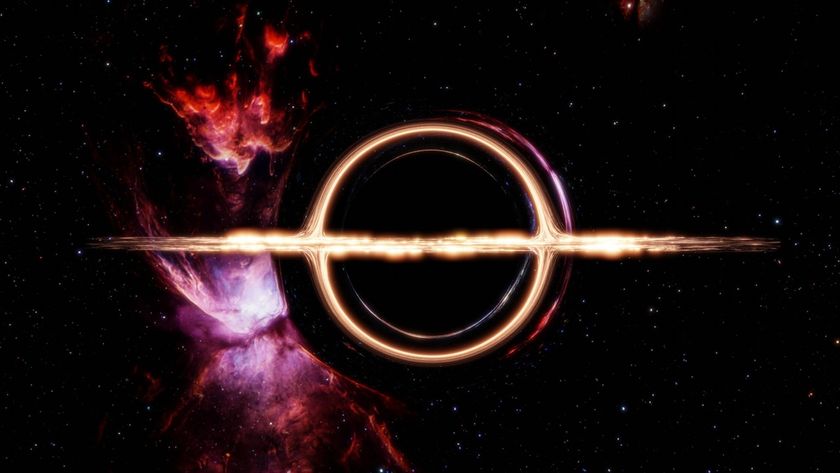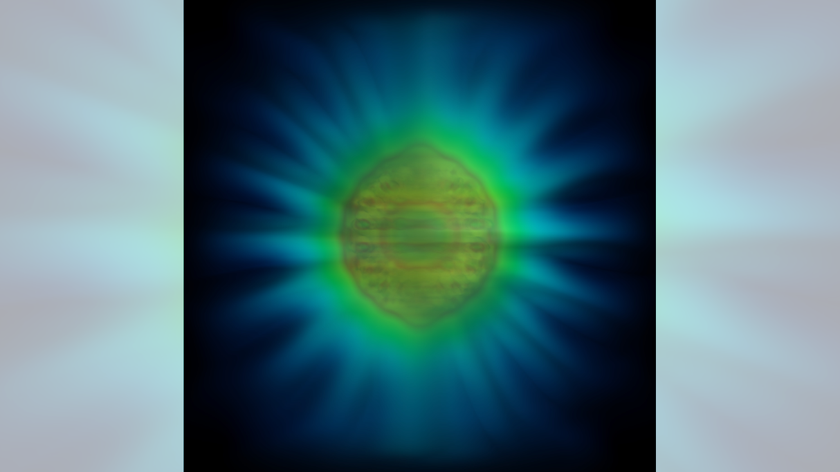Famed Physicist Talks Quantum Mechanics and Space-Time: How to Watch Live

Famed physicist Nima Arkani-Hamed will deliver a live lecture today (Nov. 6) about how quantum mechanics is changing human's understanding of space-time.
The event, held at the Perimeter Institute for Theoretical Physics in Waterloo, Canada, will be webcast live, and you can tune in on Live Science tonight starting at 7 p.m. ET.
Arkani-Hamed will discuss how recent quantum mechanics and particle physics research is changing how physicists understand the fundamental forces of the universe. [Watch Live @ 7 p.m. ET: How Quantum Mechanics Influences Space-Time]
"Often, the study of particle physics is characterized as caring about what the ultimate building blocks of matter are and finding new particles that we can give silly names to," Arkani-Hamed said in a promotional video for the lecture. "But it's really not the particles we care about at all. What we care about is the underlying structure of the laws that govern them."
Studying particles is useful because it allows physicists to observe these underlying laws at work in simple systems, he said.
Arkani-Hamed is a researcher at the Institute for Advanced Study in Princeton, New Jersey, and is well known for his appearance in the 2013 documentary "Particle Fever," which chronicled the dramatic discovery of the Higgs boson particle.
The Higgs is believed to make up an invisible field that gives other particles their mass as they pass through it, and its discovery represented the final piece of the puzzle predicted by the Standard Model, the reigning theory of particle physics. In 2012, after a decades-long search, two research teams at the Large Hadron Collider, the world's largest atom smasher, reported finding evidence of the once-elusive elementary particle.
Sign up for the Live Science daily newsletter now
Get the world’s most fascinating discoveries delivered straight to your inbox.
"I haven't been this excited about physics in a very long time," Arkani-Hamed said recently, and in his lecture tonight he'll explain why.
Arkani-Hamed's current research explores why gravity is so weak compared to the other fundamental forces in physics, such as strong interaction. He proposes the existence of extra dimensions of space as a possible explanation, and supports the multiverse theory — the idea that an endless number of parallel universes exist, each with a slightly different reality. He said that the older idea of string theory – the idea that tiny vibrating strings give rise to the particles that make up all matter – puts too many constraints on low-energy physics.
Arkani-Hamed has proposed alternative theories that the Large Hadron Collider will test when it comes back online in 2015, and he said he is optimistic that new discoveries will be made soon.
"The era of speculation in this business is really coming to an end," he said.
Follow Kelly Dickerson on Twitter. Follow us @livescience, Facebook & Google+. Original article on Live Science.













